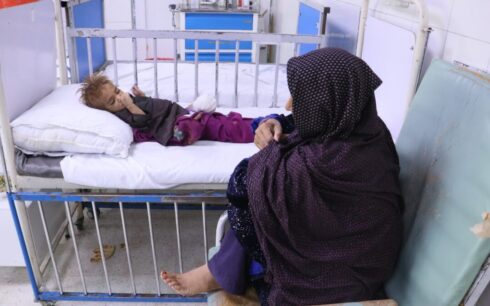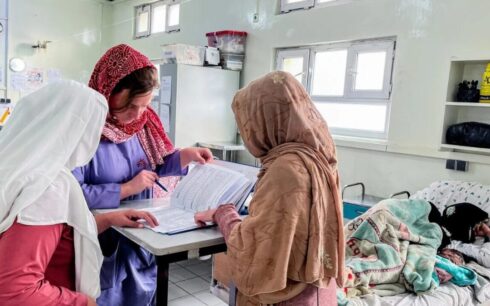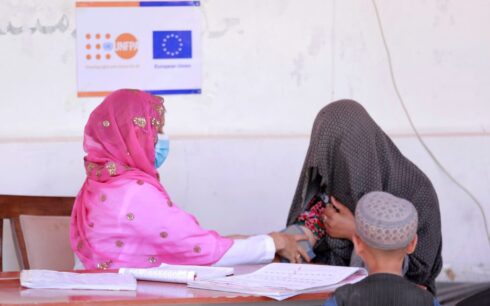The Taliban is reportedly planning to restrict Afghanistan’s polio vaccination campaign to mosques, rather than continuing the house-to-house approach traditionally used in the country, according to sources within the Taliban-run Ministry of Public Health.
The move has raised concerns among health experts and citizens alike, who warn that limiting the campaign could endanger the lives of children.
Earlier, the Associated Press, citing UN sources, reported that the Taliban had suspended the nationwide polio vaccination campaign. In response, the Taliban’s Ministry of Public Health stated that no official decree had yet been issued regarding the suspension, but uncertainty around the campaign has already sparked widespread concern.
Citizens and medical professionals have voiced strong opposition to the potential restriction. “By preventing vaccination programs, the Taliban is posing a severe threat to children’s health services and putting them at greater risk of contracting dangerous diseases like polio,” said Karishma Nazari, a Kabul resident.
Doctors have stressed the critical importance of polio vaccinations, calling for the removal of all restrictions. “If anyone, regardless of their position, understood the devastating impact polio has on children and how it can destroy a child’s future, they would not impose any limitations on the vaccine,” said Dr. Rafi Nazir. “Once a child contracts polio, it is irreversible—the child will suffer from permanent paralysis.”
The concerns come amid an increase in polio cases across Afghanistan. According to the World Health Organization, 18 cases of polio have been reported this year, with most occurring in the southern provinces. Health experts worry that limiting the vaccination campaign to mosques may significantly reduce access, particularly for families in rural and remote areas, where house-to-house efforts have been vital in reaching children.
The potential changes to the campaign have led to calls for the Taliban to ensure that vaccination efforts remain unimpeded. Many argue that any barriers to access could set back Afghanistan’s progress in eradicating polio, leaving millions of children at risk in a country where healthcare services have already been severely impacted by years of conflict.




